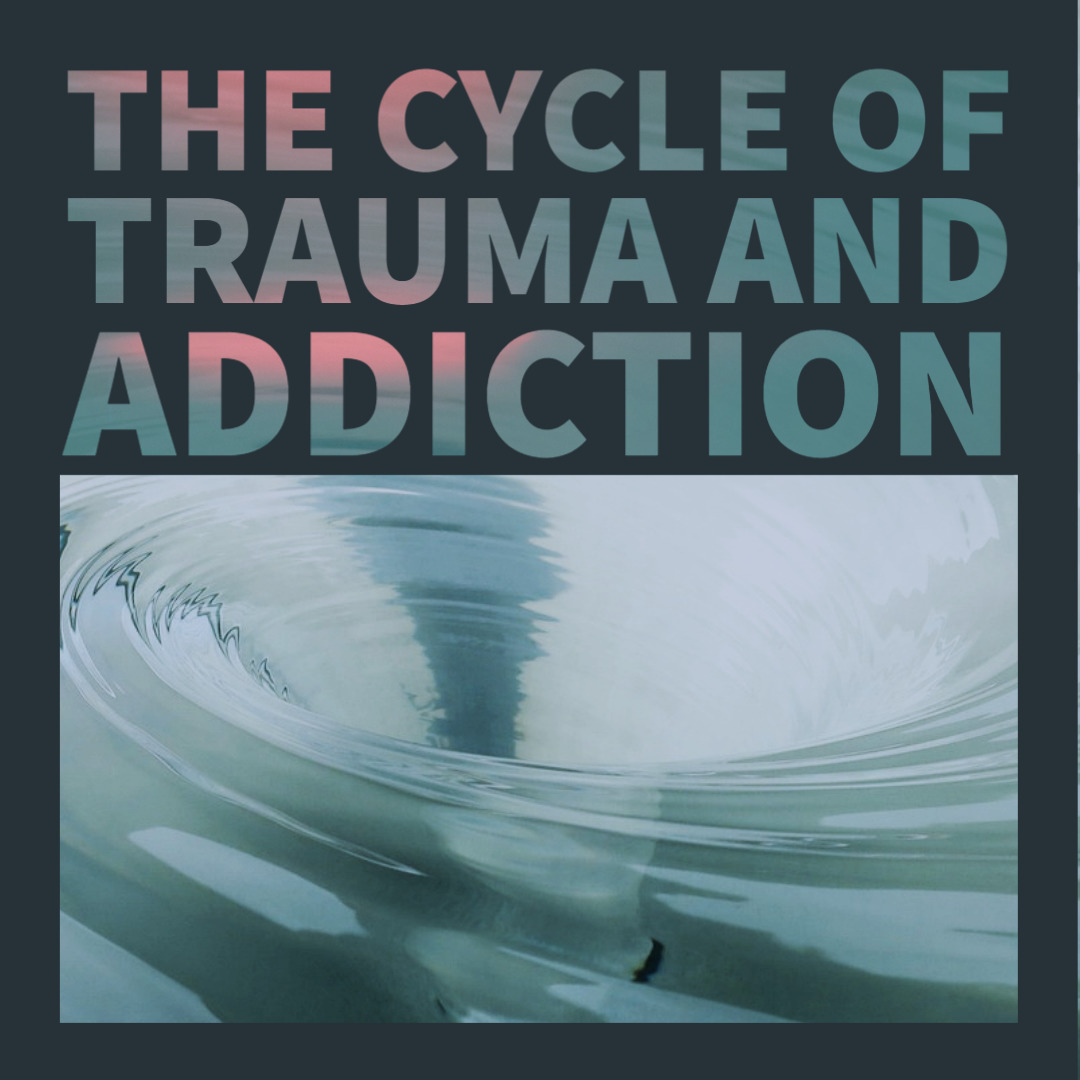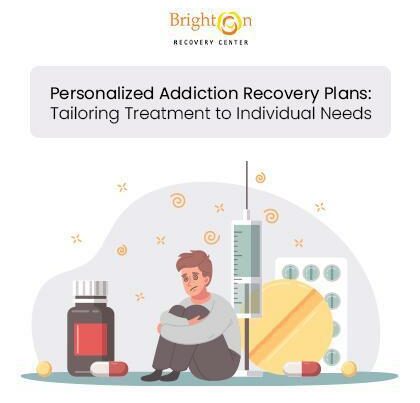The Cycle of Trauma and Addiction

Trauma and addiction are both incredibly serious issues that take time and effort to overcome. Unfortunately, they can also go hand-in-hand with how they affect an individual. Those who have suffered from traumatic events in the past might try to quell the constant anxiety or depression that they may feel on a regular basis, and those suffering from addiction may find themselves in increasingly dangerous situations or experiencing many of the disastrous ramifications for one’s use of drugs or alcohol. Trauma and addiction can often facilitate each other, creating a cycle that can be very difficult to address, prompting a need for a program that can help an individual cope with each of their traumas and addictions simultaneously, rather than focusing on just one single issue at a time. This approach to recovery is necessary for addressing the unique needs and difficulties presented for an individual suffering from both trauma and addiction.
Trauma Begets Addiction
Experiencing traumas of any kind through one’s life can be an incredibly difficult thing to overcome. Natural disasters, physical injury (or near threat of serious injury), sexual violence, and even the loss of a pet or the deterioration of relationships over time can all have lasting effects on an individual at varying intensities. These traumas can stick with a person, reshaping their world view, and constantly having those who lived through them relive the lasting effects on a daily basis. Victims of violence may live with the scars every day, reliving the event each time they look in a mirror, and the amount of anxiety, depression, and isolation that can come as a result from experiencing any level of trauma can take an extraordinary toll on one’s mental health. Because of this, it is very common for those who suffered from traumatic experiences to seek solace from the constant emotional pain, anxiety, or depression that can accompany trauma. Alcohol and drugs can make a very appealing option for those simply looking to put a stop to these regular turmoils due to their quick-acting effects on the brain. However, this can lead to a very dangerous correlation between one’s use of an addictive substance and how it makes them feel. If they feel as if getting drunk successfully let them detach from the stresses of their trauma, it is more likely that a person will continue to use this option as a coping mechanism, all the while perceiving one’s use as a positive alternative to the otherwise daily stresses that trauma produces. However, because of its fast-acting nature, a person may not be aware of the long-lasting effects that these addictive substances have themselves.
The Traumas Caused by Addiction
As an individual continues to use drugs or alcohol as a coping mechanism for their trauma, they can begin to use these substances more regularly. While this approach may help a person detach from their stresses at first, continued use of addictive substances as a coping mechanism can also create even more traumas that may inhibit one’s daily life. Losing your job due to a failed drug test or because of sporadic attendance as a result of one’s drug or alcohol use can introduce more stress into your daily life. Even more traumas can come as a result, including any physical injury or medical conditions that result from one’s use of an addictive substance, including car accidents and legal troubles. This creates a situation where a person suffering from trauma seeks detachment in drugs or alcohol, which then creates even more traumatic events or stresses, ultimately leading to a very destructive cycle.
Addressing Both Sides Simultaneously
Suffering from trauma and addiction can be incredibly debilitating, and extraordinarily difficult to overcome. However, it is possible with a dedicated program that addresses both sides of the problem simultaneously. While a person may feel as if they want to get their addiction under control first, this can leave a person ill-prepared with the coping strategies needed to deal with their persistent symptoms of trauma. Without having any strategies in place for addressing each dimension of one’s recovery, it can be very likely that an individual will once again seek out comfort in the only way they know how — the use of drugs and alcohol — causing a relapse. Creating these programs can be complicated, but it is most effective to address one’s addiction and trauma at the same time to learn how they influence each other. This also helps each individual develop strategies that can be implemented when addressing their symptoms of both addiction and trauma.
There are many approaches that can help a person recover on both fronts, such as meditation therapy, as well as various movement therapies such as sports or yoga. However, approaching both of these issues simultaneously is going to be a very personal journey, and often requires a lot of fine-tuning to find a strategy that is personal and impactful for each individual. While addressing trauma and addiction as separate issues can create difficulties in overcoming either of them, the personal and holistic approach can provide each person with the context they need to understand how each aspect of their lives influences the others and can help create a plan for a new, healthy lifestyle. Working in supportive social circles of peers and professionals and joining new communities can further help an individual understand the interconnected nature of their lives, and can open each individual up to new approaches, ideas, and practices as a result.
Trauma and addiction can create a vicious cycle, and it is important to address the unique way in which both of these elements can affect a person’s life. If you or a loved one are struggling with addiction or the continued effects of traumatic experiences in your life, Brighton Recovery Center can help you take the first step in your healing process today. We offer an array of different programs, all catered to help you address your unique needs and goals. From detox and sober living to partial hospitalization programs and intensive outpatient care, we can help find the right program for you, and continue to further personalize your time with us through a number of proven therapeutic options. Our on-site recreation center contains a coffee shop, thrift store, yoga studio, gym, and much more in order to help you find the best approach to your recovery while also getting your mind and body moving and instilling essential social and life skills along the way. For more information on how we can personalize your time with us, or to talk to a caring, trained staff member about your unique circumstance, call us today at (844) 479-7035.




